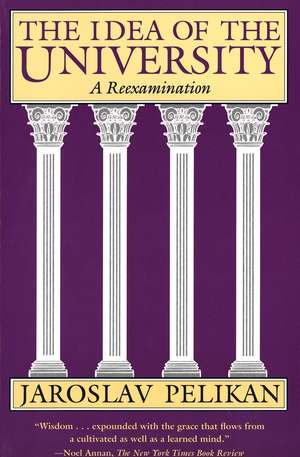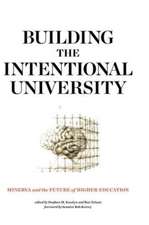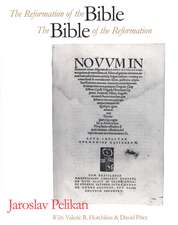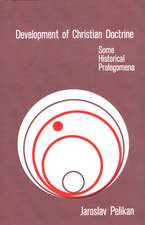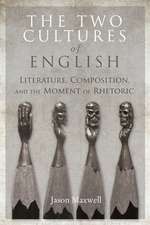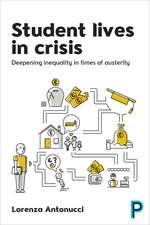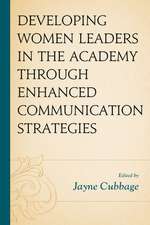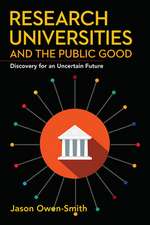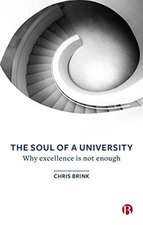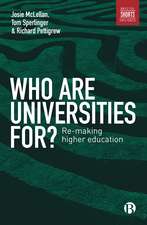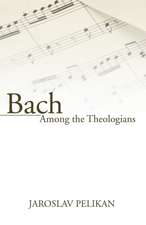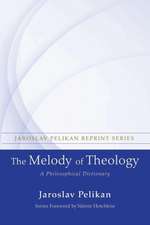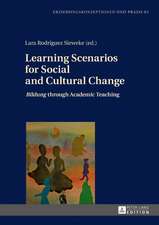The Idea of the University: A Reexamination
Autor Jaroslav Pelikanen Limba Engleză Paperback – 23 feb 1994
The crisis in university education has been the subject of vigorous debate in recent years. In this eloquent and deeply personal book, a distinguished scholar reflects on the character and aims of the university, assessing its guiding principles, its practical functions, and its role in society.
Jaroslav Pelikan provides a unique perspective on the university today by reexamining it in light of John Henry Cardinal Newman’s 150-year old classic The Idea of a University and showing how Cardinal Newman’s ideas both illuminate and differ from current problems facing higher education. Pelikan begins by affirming the validity of Newman’s first principle: that knowledge must be an end in itself. He goes on to make the case for the inseparability of research and teaching on both intellectual and practical grounds, stressing the virtues—free inquiry, scholarly honesty, civility in discourse, toleration of diverse beliefs and values, and trust in rationality and public verifiability—that must be practiced and taught by the university. He discusses the business of the university—the advancement of knowledge through research, the extension and interpretation of knowledge through undergraduate and graduate teaching, the preservation of knowledge in libraries, museums, and galleries, and the diffusion of knowledge through scholarly publishing. And he argues that be performing these tasks, by developing closer ties with other schools at all levels, and by involving the community in lifelong education, the university will make its greatest contribution to society.
Jaroslav Pelikan provides a unique perspective on the university today by reexamining it in light of John Henry Cardinal Newman’s 150-year old classic The Idea of a University and showing how Cardinal Newman’s ideas both illuminate and differ from current problems facing higher education. Pelikan begins by affirming the validity of Newman’s first principle: that knowledge must be an end in itself. He goes on to make the case for the inseparability of research and teaching on both intellectual and practical grounds, stressing the virtues—free inquiry, scholarly honesty, civility in discourse, toleration of diverse beliefs and values, and trust in rationality and public verifiability—that must be practiced and taught by the university. He discusses the business of the university—the advancement of knowledge through research, the extension and interpretation of knowledge through undergraduate and graduate teaching, the preservation of knowledge in libraries, museums, and galleries, and the diffusion of knowledge through scholarly publishing. And he argues that be performing these tasks, by developing closer ties with other schools at all levels, and by involving the community in lifelong education, the university will make its greatest contribution to society.
Preț: 304.32 lei
Nou
Puncte Express: 456
Preț estimativ în valută:
58.23€ • 61.02$ • 48.14£
58.23€ • 61.02$ • 48.14£
Carte tipărită la comandă
Livrare economică 12-26 aprilie
Preluare comenzi: 021 569.72.76
Specificații
ISBN-13: 9780300058345
ISBN-10: 0300058349
Pagini: 248
Dimensiuni: 159 x 241 x 15 mm
Greutate: 0.39 kg
Ediția:Revised
Editura: Yale University Press
Colecția Yale University Press
ISBN-10: 0300058349
Pagini: 248
Dimensiuni: 159 x 241 x 15 mm
Greutate: 0.39 kg
Ediția:Revised
Editura: Yale University Press
Colecția Yale University Press
Notă biografică
Jaroslav Pelikan is Sterling Professor of History at Yale University. He is the author of, among other books, The Christian Tradition and Jesus Through the Centuries. His scholarly accomplishments have been recognized by medals and awards from many scholarly societies and institutions, by honorary degrees from universities all over the world, and by the Jefferson Award of the National Endowment for the Humanities, the highest honor conferred by the Federal Government on a scholar in the Humanities.
